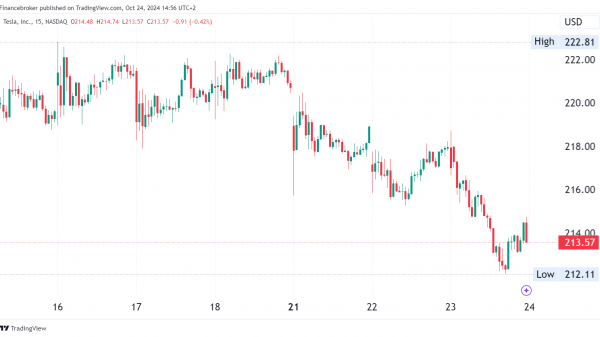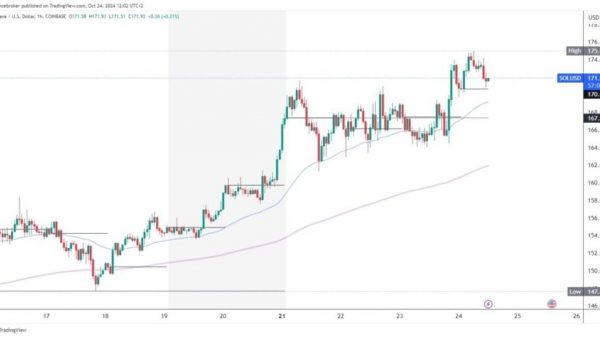If you are anything like me, you probably don’t pay a lot of attention to the bylines on news articles. So you are probably not necessarily aware that I write a weekly newsletter, even if you may have come across a link that looks something like this:
I mention that bit of self-promotion both for the purposes of self-promotion and because it is useful for establishing the reason I wrote this article.
You see, last week, the newsletter focused on my not entirely successful effort to visually depict the extent to which Rep. Marjorie Taylor Greene (R-Ga.) deviates from the rest of the Republican House caucus. If you are so inclined, you can see the results of this exploration for yourself.
That newsletter, though, spurred a question from a reader. Was it additionally possible to determine how unusually rebellious the House Republican caucus is on the whole? There have been some obvious defections from what leadership wants, including the fight over the speakership itself. But is this measurable?
So I set out to determine the answer. To do so, I used the same data set I’d used for the Greene visualization, data on congressional votes compiled by @unitedstates on GitHub. For each vote over the past 20 years (that is, from the 108th Congress to now), I looked at the results for each party, how many votes partisans cast and how many the plurality position received. That allowed me to calculate the percentage that didn’t join the plurality and then figure out how often there were significant defections.
A simplified example will hopefully make the process I used clearer. Imagine 10 votes involving 10 Republican senators. In six votes, nine senators formed the majority, so on those six votes, the defection percentage was 10 percent. (One of 10 senators disagreed.) On three votes, eight senators agreed, giving a defection percentage of 20 percent. On the other vote, the plurality position had four senators supporting it, with the other six votes split among other options. The defection percentage was 60 percent. (Such scenarios don’t happen often, obviously.)
Over the course of 11,000-plus House votes over the past 20 years, here’s how often each party’s caucus defected from the plurality (which also was usually a majority).
You’ll notice that Republicans in the 118th Congress are … pretty loyal! In more than 9 of 10 votes, the level of defections was less than 15 percent of Republicans. That’s actually better than the Democrats have done this year.
But there’s a reason for it: Republicans are in the majority. For the GOP, votes are more critical than they are for Democrats, since Democrats can’t pass anything with only Democratic votes.
There’s another reason, too, in that the Republican majority is narrow, as was the Democratic majority in the last Congress. The majorities in the 116th and 117th Congresses saw the lowest percentages of votes in which more than 15 percent of Democrats defected, in part because of that narrow margin. (Those margins, though, aren’t captured visually in this analysis.)
In the Senate, we see a similar pattern: The party that’s in the majority has more loyalty from its members.
Since the 108th Congress, this has consistently been the case. When in the majority, each party has seen fewer defections than when it is in the minority.
It’s also the case that Democrats have consistently seen lower levels of defection than Republicans.
To answer the reader’s question, then, demands a lot of caveats. The House Republican caucus in the 118th Congress has seen one of the lowest frequencies of significant defections on votes. But it is still lower than the frequency seen among Democrats in the preceding Congress, where the partisan split was similarly narrow.
This also doesn’t account for those occasions in which defections are particularly noticeable, as when the party took days of voting to elevate Rep. Kevin McCarthy (R-Calif.) to House speaker. Luckily for McCarthy, that level of obstruction has been relatively infrequent.


































